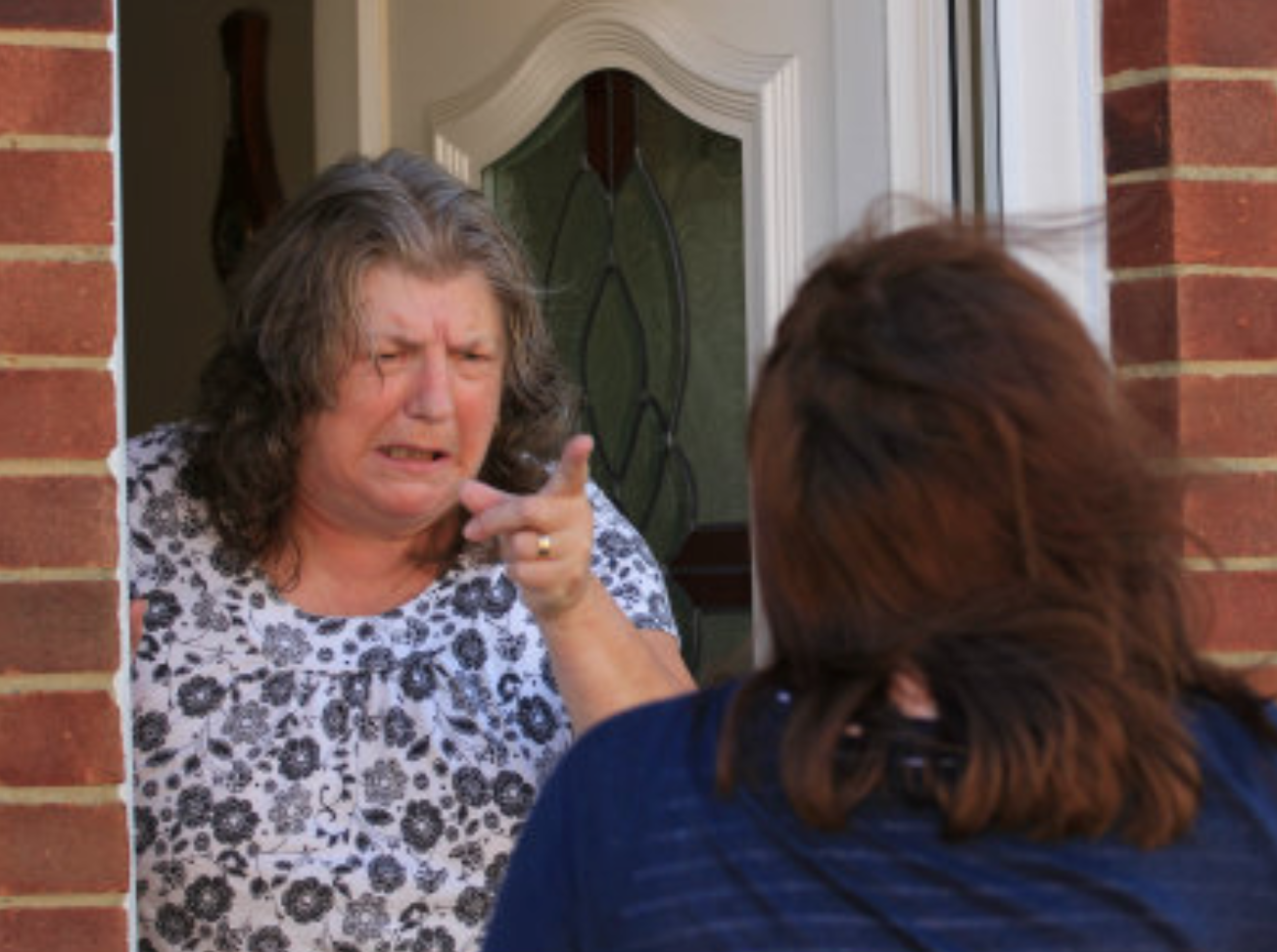Most professionals who work in the world of dementia care are all too familiar with the tendency for families to wait until there’s a crisis before taking action and putting a plan in place. Family members are hesitant to make any drastic changes to the life of the person with dementia to try and avoid upsetting them when things seem to be going “okay.” Invariably, what ends up happening is that symptoms and behaviors go unaddressed and a catastrophic event (a car accident, a public outburst, severe malnutrition or dehydration requiring hospitalization) occurs, often creating a much bigger problem which then needs immediate attention.

The nature of dementia is that it is chronic, degenerative, and highly individualized. What works today might not work tomorrow, and both symptoms and behaviors can change in the blink of an eye. Being proactive means evaluating not just health and safety risks present in the environment of the person with dementia, but also looking at the person’s quality of life and their ability to retain as much independence as possible, either at home or in a residential community setting. Simple adjustments like improving lighting, locking up medications and making sure the person is drinking enough water could safeguard against a critical, potentially life-threatening event.
Waiting until you’re in the middle of a crisis and then trying to find both a short-term and long-term solution under duress can be unbelievably stressful and can result in a plan that is far from ideal. The Journal of the American Medical Association finds that dementia patients get sent to hospitals nearly twice as often as peers who are cognitively healthy—and even more frequently for conditions seen as preventable or treatable in outpatient settings.
Taking small steps today to improve both quality of life and safety of the person with dementia could stave off a significant and possibly dangerous event. If you do find yourself in a situation that has escalated beyond your ability to manage, there are services like our Crisis Intervention Team that can help you take a step back and determine the best long-term course of action, with a support team of dementia experts by your side.
Amanda is a dynamic marketing professional with two decades of experience working in advertising, healthcare marketing, and corporate communications. Her experience includes market research, strategy development, program execution, event planning, and authorship of educational & promotional content. From her early days in the media department of a small advertising agency to her current role directing her organization’s marketing initiatives, Amanda has developed broad-ranging expertise in integrated marketing communications. Amanda earned her bachelor's degree in advertising from San Jose State University and spent part of her college career studying abroad at Oriel College, Oxford University, in England.